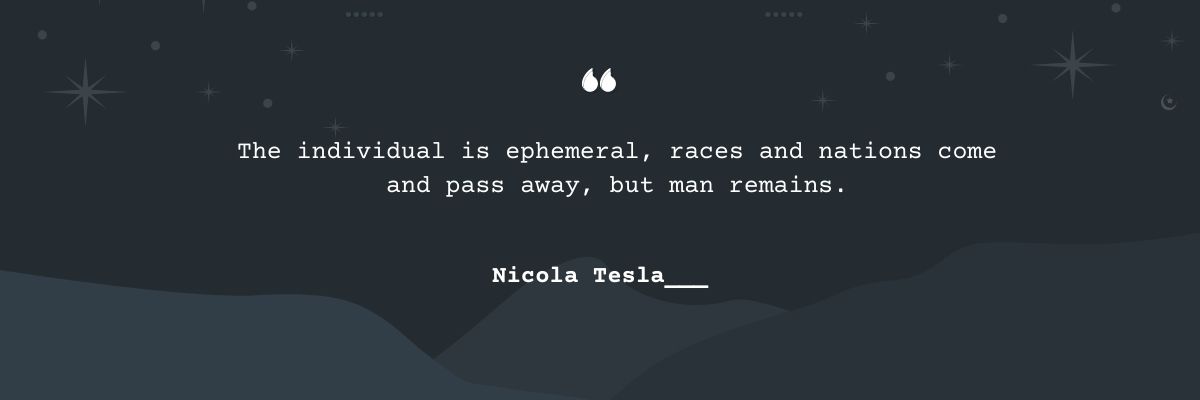I would say that I’m a feminist theorist before I’m a queer theorist or a gay and lesbian theorist.
Judith Butler, American philosopher___
The quote “I would say that I’m a feminist theorist before I’m a queer theorist or a gay and lesbian theorist” speaks to the importance of recognizing the intersectionality of different identities and experiences in social and political theory. It suggests that, in order to truly understand and address the issues facing marginalized communities, we must approach them through a feminist lens that considers the ways in which gender intersects with other aspects of identity.
Feminism is a movement that seeks to challenge gender-based oppression and promote equality for all genders. At its core, feminism recognizes that gender is not an isolated identity, but rather intersects with other aspects of identity such as race, sexuality, and class. This intersectional approach to feminism is essential in understanding the complex experiences of marginalized communities and developing effective strategies for social and political change.
The quote suggests that, while queer and gay and lesbian theory are important, they are not sufficient in themselves to address the full scope of issues facing marginalized communities. By prioritizing a feminist lens, we are better able to understand the ways in which gender-based oppression intersects with other forms of oppression, and develop strategies that are more inclusive and effective.
This is particularly important when considering the experiences of women and non-binary individuals, who often face unique forms of discrimination and oppression. By prioritizing a feminist lens, we are able to better understand and address the ways in which gender intersects with other aspects of identity, such as race, class, and sexuality, and work towards a more just and equitable society.
In conclusion, the quote “I would say that I’m a feminist theorist before I’m a queer theorist or a gay and lesbian theorist” highlights the importance of recognizing the intersectionality of different identities and experiences in social and political theory. It emphasizes the need for a feminist lens that takes into account the ways in which gender intersects with other forms of oppression, and recognizes the unique experiences of women and non-binary individuals. By prioritizing a feminist lens, we can develop more inclusive and effective strategies for social and political change, and work towards a more just and equitable society for all.




